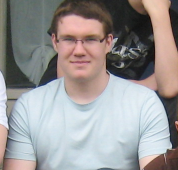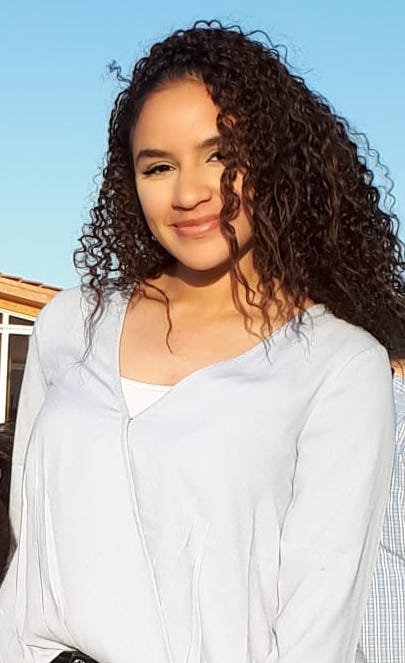Although Algonquin clubs are facing challenges with COVID-19, through patience and Zoom they’ve still been able to provide a place for student communities to enjoy each other.
But new situations come with new problems.
“It’s been difficult to connect to the Algonquin college community to get students to join the club because everything is now online,” Deena Hassan, club leader of the Black, Indigenous & People of Colour Student Society. “Attracting BIPOC students to the group has been difficult because everyone is remote and it’s hard to connect directly with students.”
Hassan along with Grace Grant had created the BIPOC Club as a space for students of colour where they can feel comfortable enough to share their stories and to talk about anything they want to.
But their conversations aren’t always limited to issues like racism and discrimination.
“For example, yesterday we spent half the time talking about Disney movies and that was a fun time,” she said. “So it’s just a little community for us BIPOC students.”
Although the amount of club members joining may decrease during this time, Brandon Carkner, tabletop RPG club leader has approximately 150 members and has kept a stable flow of students joining the club.

“Our club has seen a steady increase in the amount of membership that we have had since last year,” Carkner said. “The bulk of new admissions of membership into the club comes around the beginning of each semester, and after that, there is very little increase in the amount of membership, but I can expect a new member around every five to ten days on average.”
There are many ups and downs in the digital world. Carkner and the tabletop RPG club faced a lack of activity within the club, but they now have become very organized in managing the club.
“With everyone being concentrated to online activity for clubs, this has allowed for people to know exactly where and when to reach the club and its members through our discord and associated emails,” Carkner said.
Melissa Palamar, the leader of the sustainability club has 24 members, 10 to 12 members usually show up, and six actively participate. Palamar believes that a reason for this is that Zoom makes it easy for students to sit back and hide, without the actual participation.

“Even though they show up a lot, with Zoom it’s easy to turn everything off and stay quiet,” Palamar said.
Like Carkner, Palamar has seen an increase in members joining the club. Palamar expressed her frustration jokingly about how the new batch of members each year reform the club but also why it is important that they do.
“But It’s also part of the reason why we’re building a foundation, so that next year when the new group comes in, they’ve got something to continue on, instead of having to start new,” she said.
Busy schedules have been a prominent obstacle that Palamar’s club has been having.
“Monday’s are our longest days, so we’re in school from 9 a.m to 5 p.m. on Mondays, and we have a meeting right after. So, a lot of us are kind of like ‘we don’t really want to be here right now,'” she said.
And although Zoom problems and busy schedules occur, Palamar and the club have continued to triumph against the unconventional roadblocks their club has dealt with.
“It’s definitely challenging, but we’re getting quite a lot done, so it’s still invigorating and rewarding,” she said.


